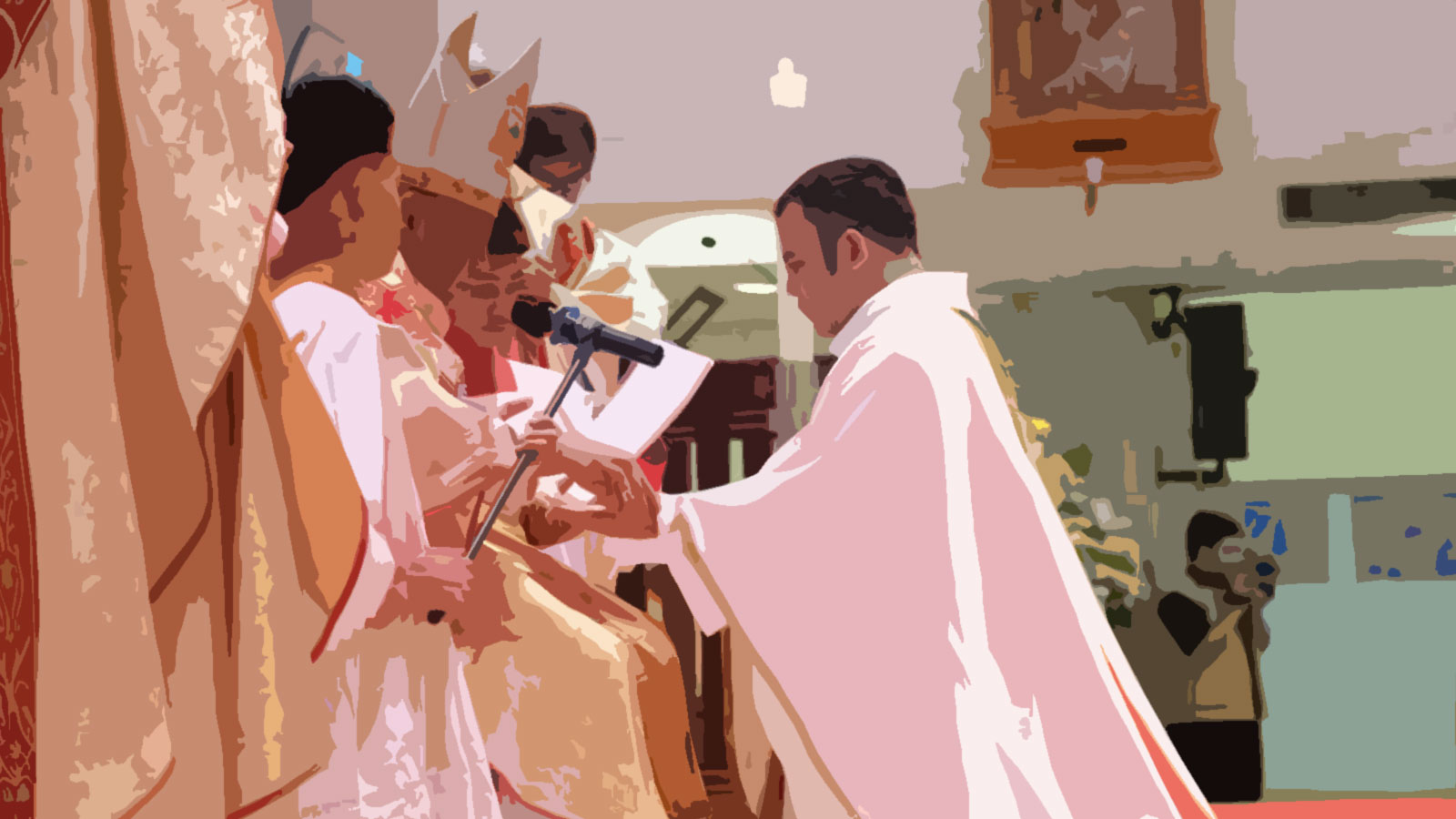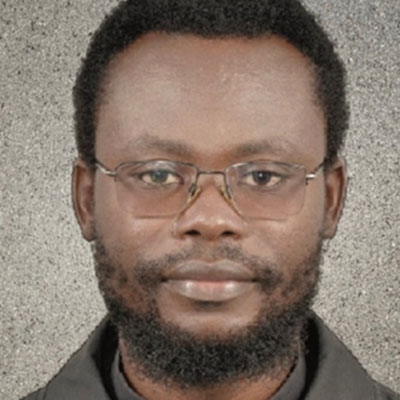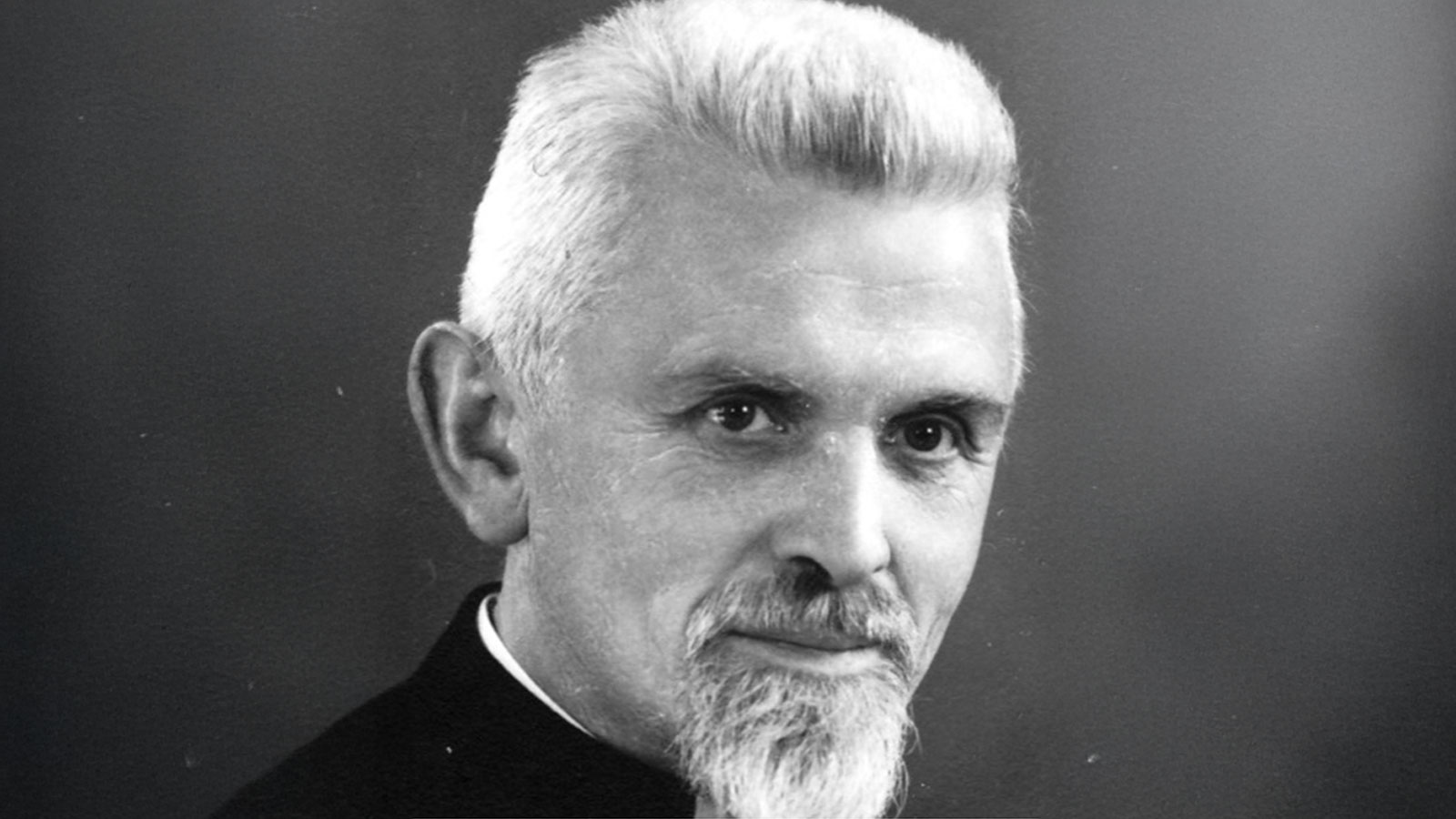
Fr. Fernand Degroote, cicm
Missionary in Belgium
The CICM BNL Province has been able to welcome several young confreres. Our Province has thus acquired a new face: young people from different cultures from where we have lived and worked. They are, therefore, not strangers and have a link with our past. They have not come as tourists but with a special mission: sent by the General Government at the request of our Provincial Government. The intention is clear. The Province is bleeding to death and is facing two important choices: either gradually close the houses until the last one "turns out the lights" or open our doors to young confreres "from elsewhere". It's not just a question of survival or saving the Province; we also want to maintain a missionary presence and serve the local Church.
We are discussing "missionary projects". These are new, well-defined commitments made in consultation with the concerned bishops. There is a strong emphasis on the importance of living in multicultural communities and providing special care to marginalized and foreign individuals; even if they work together in the parishes, they will be living in.
When the "elderly" in our province, the largest group, face these new missionary projects, they can adopt two attitudes.
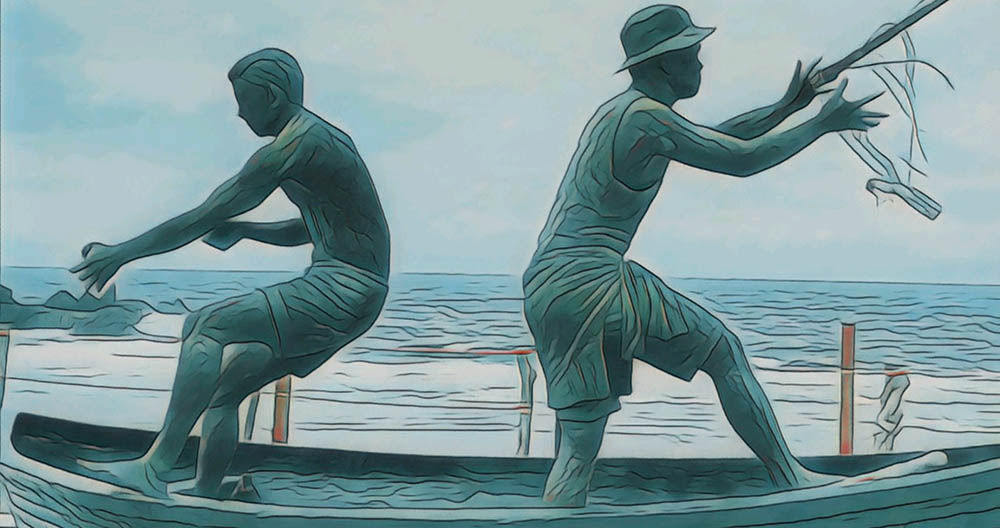
The image of the apostles sent out as 'fishers of men' can inspire us.
“And Jesus, walking by the Sea of Galilee, saw two brothers, Simon called Peter,
and Andrew his brother, casting a net into the sea; for they were fishermen.
Then He said to them, «Follow Me, and I will make you fishers of men.” - Matthew 4:18 - 20
We can claim that these projects are aimed at young people and that we have little to do with them. Alternatively, we can view these new projects as opportunities to breathe new life into our mission. We have often heard the phrase, "We are not missionaries at rest but missionaries in retirement." We want to remain involved in the missionary projects of the Province and stay in contact with young people until the end of our lives.
Jesus sent his disciples out to fish, but they did not easily catch any fish. The fish tried to escape from the fishermen's hands. As older people, we can be compared to the angler on the edge of a small pond, patiently casting his line into the water. Our pond may have become relatively small, and we no longer have the strength to cast the line very far, yet there is always something to catch. This is what happens in our Torhout community.
A confrere takes two half-hour walks around the town every day. Modestly, he tries to talk to people, starting simply by saying "hello." Some people react to the greeting because they're not used to be greeted in the street. Some don't take the bait and move on, but others get caught and start a conversation. This confrere, for example, already knows a lot of people who have been able to eat a crumb of the bread we eat every day and share it. An even older confrere plays cards with the Okra members every week and attracts other confreres to attend the Samana meetings.
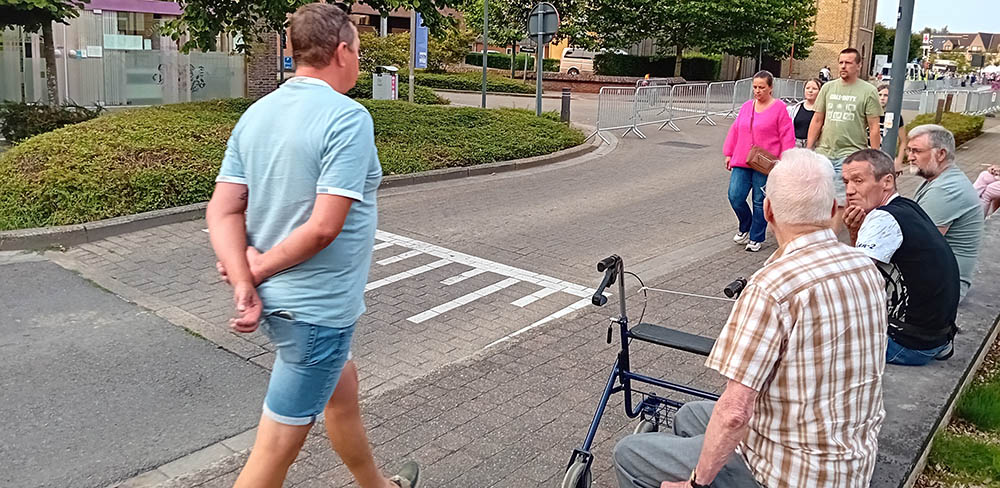
Father Lodewijk Mellebeek greeting and engaging conversation with people
Another confrere, following a meeting with an Eritrean refugee, was able to contact his circle of friends, which is mainly made up of young people. But even those who accompany sick confreres to the hospital and the sick themselves, in their contacts with doctors and staff, can cast their fishing line, even if the pond has become a small pool, no bigger than their room.
Young and old, we all share the same missionary project of the Province and are nothing without each other. Timothy Radcliffe described the complementarity between young and old as follows: "Trust in young people is an essential part of Christian leadership because they are not there to take the place of older people, but to do what older people cannot yet imagine." (Retreat for the Synod in Rome, 6th Meditation: The Spirit of Truth) This means that the Province's missionary project must be supported by everyone, each contributing. Pope Francis wrote of young people that they show the way and seek new paths, but that the elderly are the guardians of memory. (Christus vivit, no. 196)
In the Acts of the 16th General Chapter, we read about new missionary insertions, which are not just questions of new projects inside or outside a Province but also questions of new ways of doing missions. We all need to be more creative where we are present. In this sense, we can complement each other. The theme of the Chapter was bearing witness to a changing world. But Pope Francis goes even further: "We have entered another world, a new era. This also means that new paths must be found and that no one can limit oneself to a single project, however important it may be. That's why it's vital that all of us, young and old, continue to look for new paths open to us, sometimes unknown, but with the same missionary commitment. In this way, even those who commit themselves as parish priests or chaplains can be true missionaries in their situation and make their work a very significant project that has its place in all the missionary projects of the Province. With the arrival of young confreres, we are all encouraged to continue in the mission in Belgium and the Netherlands. §
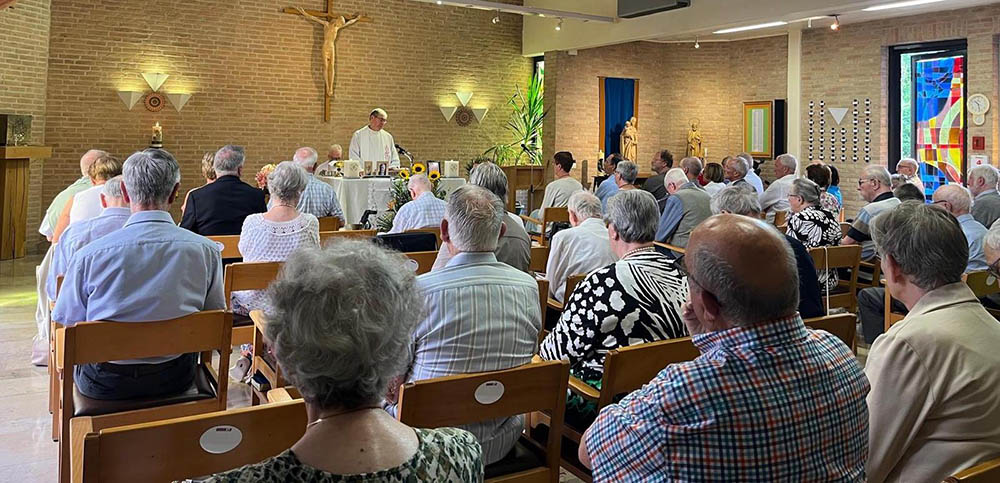
Father Fernand Degroote celebrating Holy Mass with the CICM confreres and friends from around Torhout




